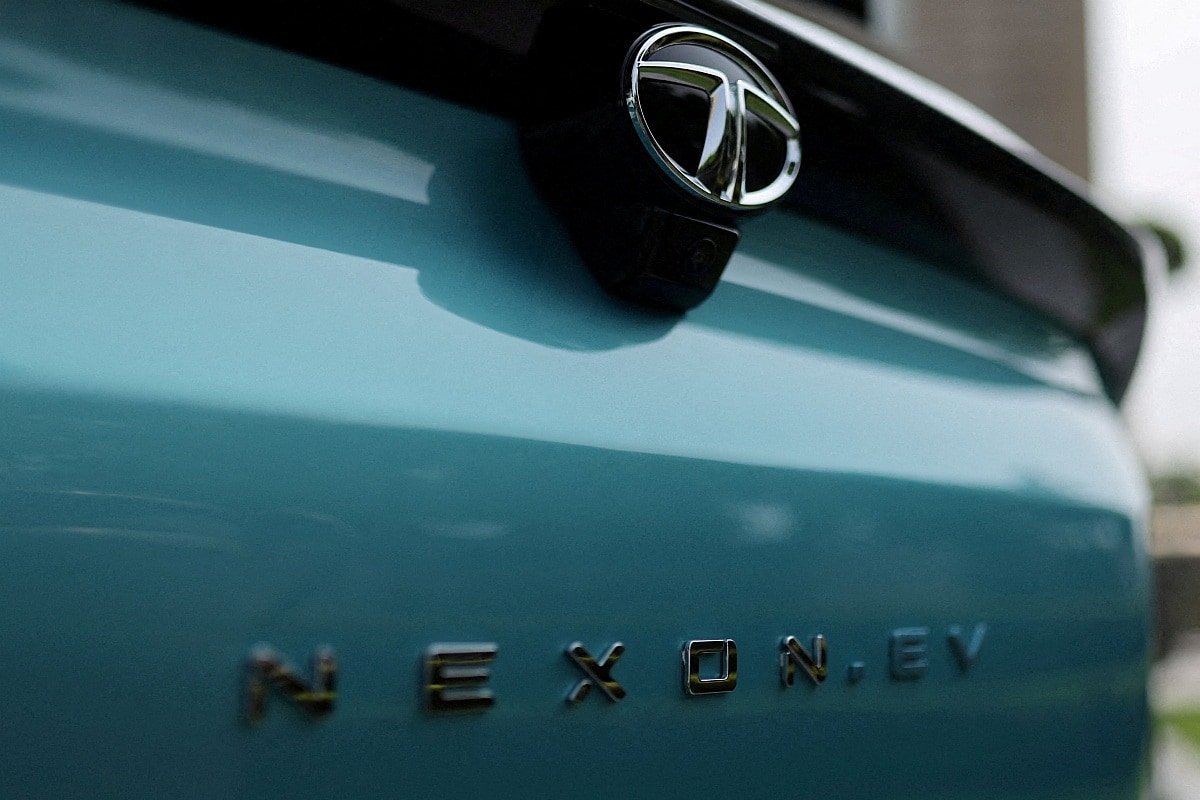Electric cars constitute merely 2 percent of total car sales in India, attributed to apprehensions regarding elevated initial expenses and range anxiety.
Indian automaker Tata Motors’ electric vehicle (EV) unit on Tuesday said it has reduced prices of its cars by up to 120,000 rupees (~$1,450) in what is the first instance of a price cut by an electric carmaker in the country.
Electric variants currently form just 2% of car sales in India, as buyers are wary about the higher upfront costs despite lower running costs and as range anxiety persists.
“With battery cell prices having softened in the recent past and considering their potential reduction in the foreseeable future, we have chosen to proactively pass on the resulting benefits directly to customers,” said Vivek Srivatsa, Chief Commercial Officer at the TPG-backed Tata Passenger Electric Mobility.
The price of the top-selling Nexon.ev is now down 1.4% to 1.45 million rupees. Prices previously began at 1.47 million rupees, according to Tata’s website.
The company, which dominates EV car sales in India, also cut the price of its electric small car Tiago by 70,000 rupees. The base version now costs around 8.1% lower at 799,000 rupees.
Launched in 2020, the Nexon.ev was India’s cheapest electric SUV until the launch of Tata’s Punch EV at 1.2 million rupees in 2024.
EV sales have slowed globally as well, with U.S. carmaker Tesla leading a price-cut war to maintain its sales lead over rivals such as China’s BYD.
“Tata’s price cut in India could prompt its rivals to also price their cars more competitively and launch newer EVs at aggressive prices,” said Jay Kale, Vice President, Elara Capital.
However, this is in stark contrast to India’s EV two-wheeler market, in which IPO-bound Ola Electric and Hero-backed Ather are locked in a price war.

Tata Motors, which initiated EV-exclusive dealerships in September, intends to expand its electric vehicle portfolio to encompass 10 models within the next three to four years. Additionally, the company targets elevating EV sales to constitute 25% of its total car sales by 2025, up from 9.3% in fiscal 2023.
Following the announcement, shares of Tata Motors, contending with rivals such as Mahindra and MG Motor, experienced a decline of up to 1.9%.
















